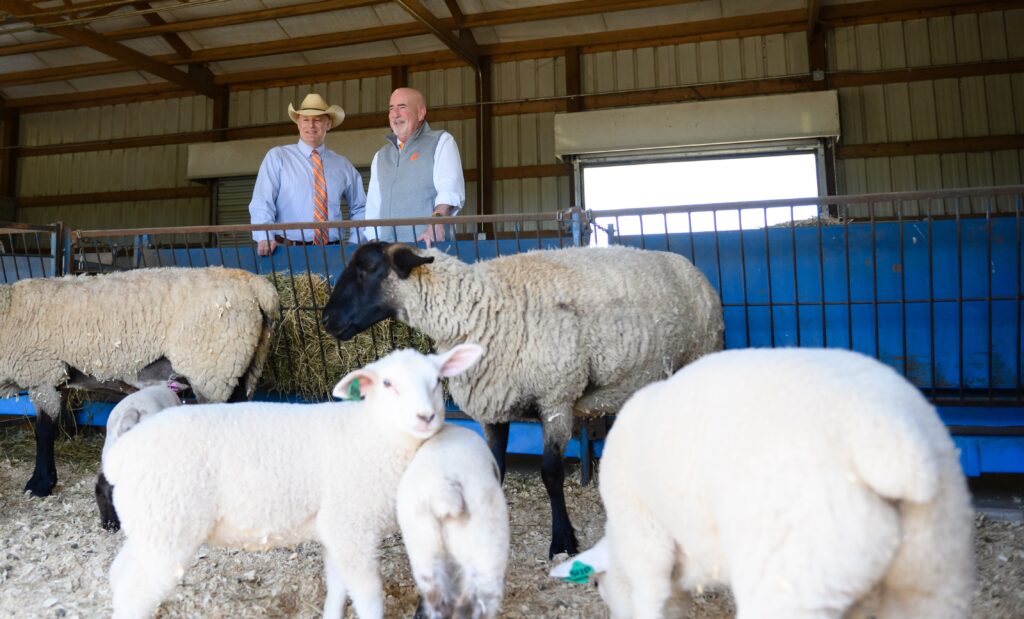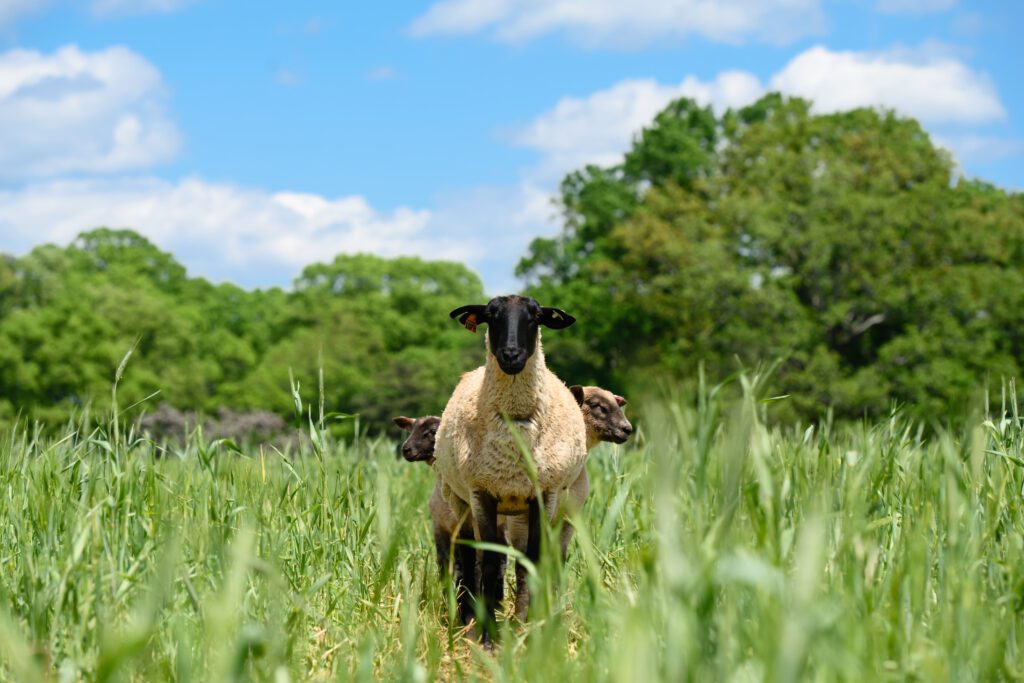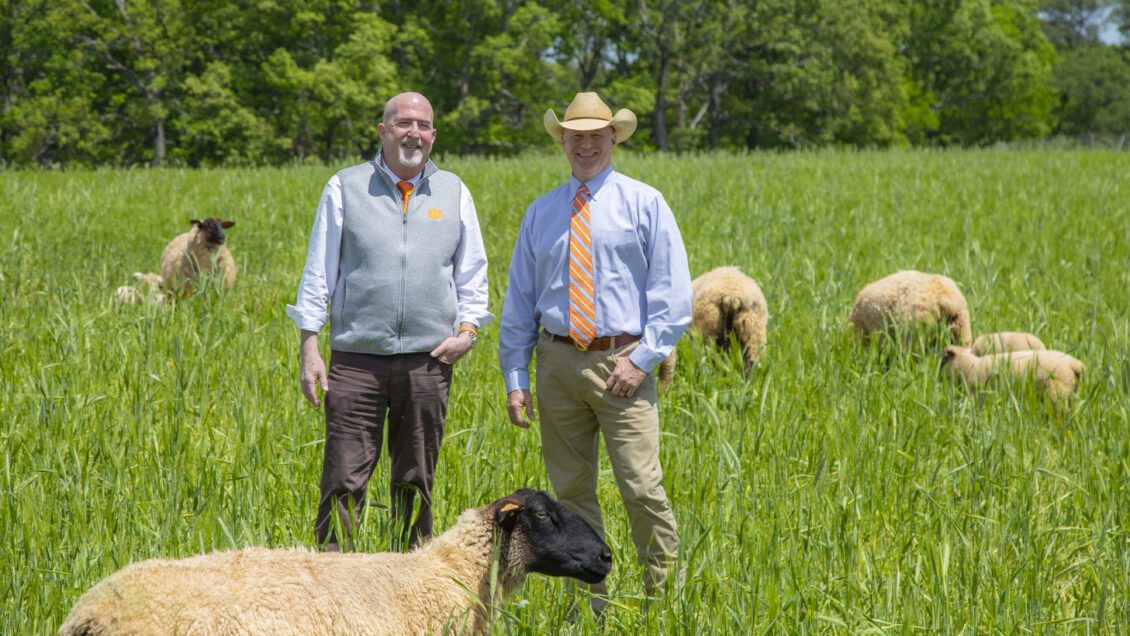Clemson’s College of Veterinary Medicine (CVM) continues to take shape. Facility plans for the college, which will be located adjacent to Clemson’s Experimental Forest, are being finalized, the faculty and staff continue to grow, and the curriculum and Doctor of Veterinary Medicine degree program have been approved by the Board of Trustees. Like a complex puzzle, all the pieces are coming together.
“Every day we get closer to our goal of welcoming our first cohort of students in the Fall of 2026, pending accreditation,” said Dean Marks. “Progress is very steady and moving forward.”
While focusing on what’s new at the College is thrilling, there are many foundational aspects of this endeavor that will be key to the success of CVM, including the culture and values of Clemson University and the existing resources that will be available to students, faculty and staff.
“Clemson University is a great fit to host the state’s first College of Veterinary Medicine,” said Marks. “CVM students, faculty, and staff will benefit from having access to Clemson’s amazing farms, including the Equine Center, LaMaster Dairy, Simpson Beef & Sheep Farm, and Morgan Poultry Farm.”
CVM will train students in both small and large animal medicine. All fields are currently suffering from a severe shortage of veterinarians.
“I think that Clemson’s role as a premier land grant institution compels us to be part of every solution for the agricultural and animal-owning community,” said Matt Hersom, Clemson University professor and director of Piedmont Research and Education Center. “The need for veterinarians is critical for the long-term health of the animal industry in South Carolina; if Clemson can create the learning environment for a profession that retains Clemson graduates in the state to service our animal industry, that is a prime goal.”
CVM will utilize the distributed model to teach students. Students will spend their fourth year working with a variety of veterinarians across the state, learning from those who specialize in small and large animals and zoo medicine. Partnerships with professionals are key, and student learning will also benefit from leveraging existing farms, staff, and faculty at Clemson University.
“Certainly, Piedmont Research and Education Center (Piedmont REC) has many of the livestock animal resources at Clemson,” said Hersom. “Our goal is to facilitate all the mission areas, and being part of the educational process with the College of Veterinary Medicine aligns with that goal. Additionally, it demonstrates the collaborative opportunities between the College of Agriculture, Forestry and Life Sciences and CVM for teaching and future research endeavors. The partnership provides additional validation of the investment in the animal farms at Piedmont REC and increases the depth and breadth of activities that our animal farms support.”
CVM is a professional graduate program; upon accreditation, students with an undergraduate degree in a variety of majors will be invited to apply. CVM will be seeking high-achieving students who’ve completed the prerequisites as well.
“Clemson has an excellent undergraduate program, particularly in the Animal and Veterinary Science undergraduate degree program that prepares students for success in professional degree programs like the CVM,” said Hersom. “Certainly, attracting students from the Clemson undergraduate population and those that are native to South Carolina increases the likelihood that students upon graduation will stay in South Carolina to live, practice, and contribute to improving the livelihood and viability of South Carolina’s animal and human communities.”
CVM aims to attract a variety of students with their undergraduate degree in hand and is excited about positively impacting the industry of large and small animal medicine and making a difference in South Carolina.
“Being part of the Clemson family and creating a new college is incredibly special,” said Marks. “It is a once in a career opportunity, and we feel fortunate to be here.”


Get in touch and we will connect you with the author or another expert.
Or email us at news@clemson.edu

